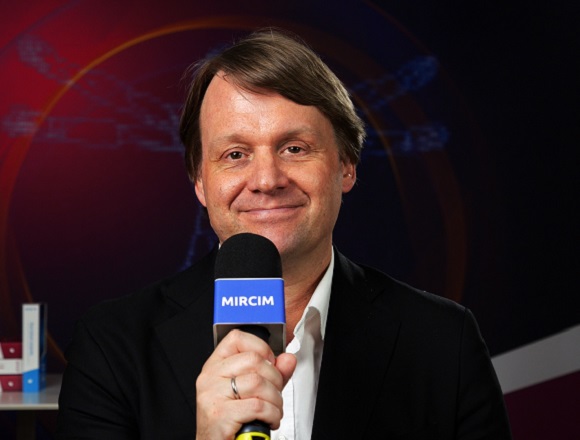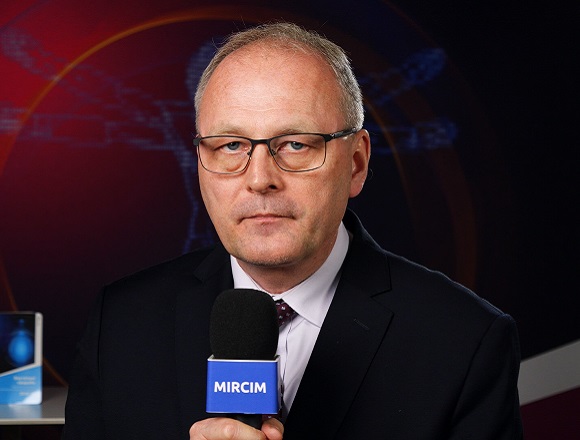Jerzy Chudek, MD, is a professor of medicine at the Medical University of Silesia, Poland, and author of numerous publications on angiology, hypertension, and nephrology.
What new problems have arisen in relation to novel oncology therapies in patients with coexisting kidney disease?
Recently in Europe (also in Poland) we have introduced immunotherapy in oncology. It’s a great challenge for nephrologists because these new technologies, these new therapies, bring new problems in nephrology.
Unfortunately we see some side effects of this therapy related to immunological response generated by this therapy. There is a difference concerning previous therapies because kidney disease is not the risk factor for the development of this new complication of therapy. It means that people without any kidney disease as well as those with kidney disease are at the same risk for the development of this complication of immune therapy.
In addition, since the last decade, we—as other oncologists in the world—are using targeted therapy. This targeted therapy is mostly drugs that are ingested, so used at home, and they are excreted by the kidneys. Therefore, the kidney function is crucial for the determination of the dose of these drugs. In people with chronic kidney disease (CKD), the doses have to be reduced.
These drugs are interfering with many organs of our body and also [affect] the kidney. Some of tyrosine kinase inhibitors (TKIs) are able to cause proteinuria, which is a problem for oncologists. In these clinical problems that this oncological therapy, systemic therapy, brings we need the collaboration with nephrologists to solve the problem of our patients.
 English
English
 Español
Español
 українська
українська







